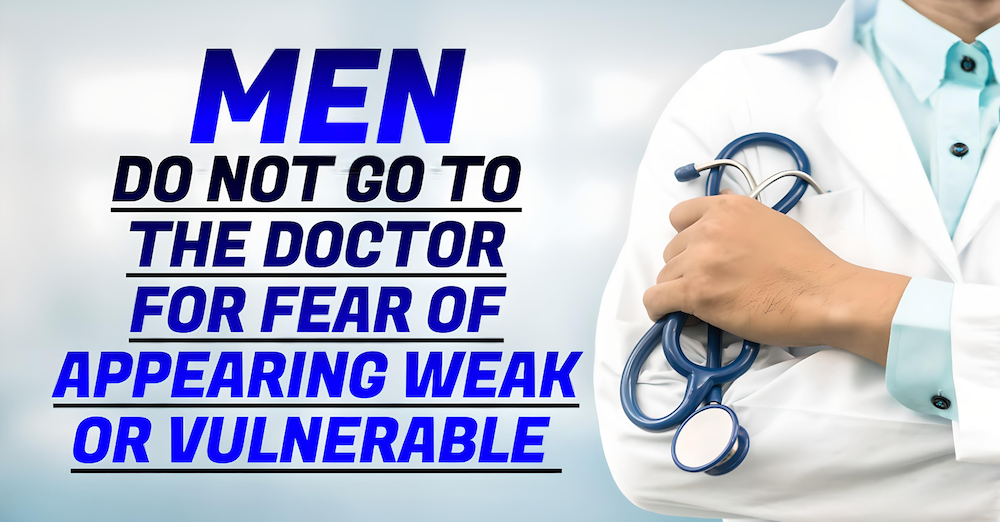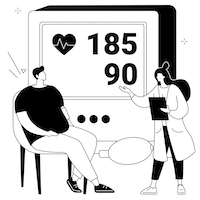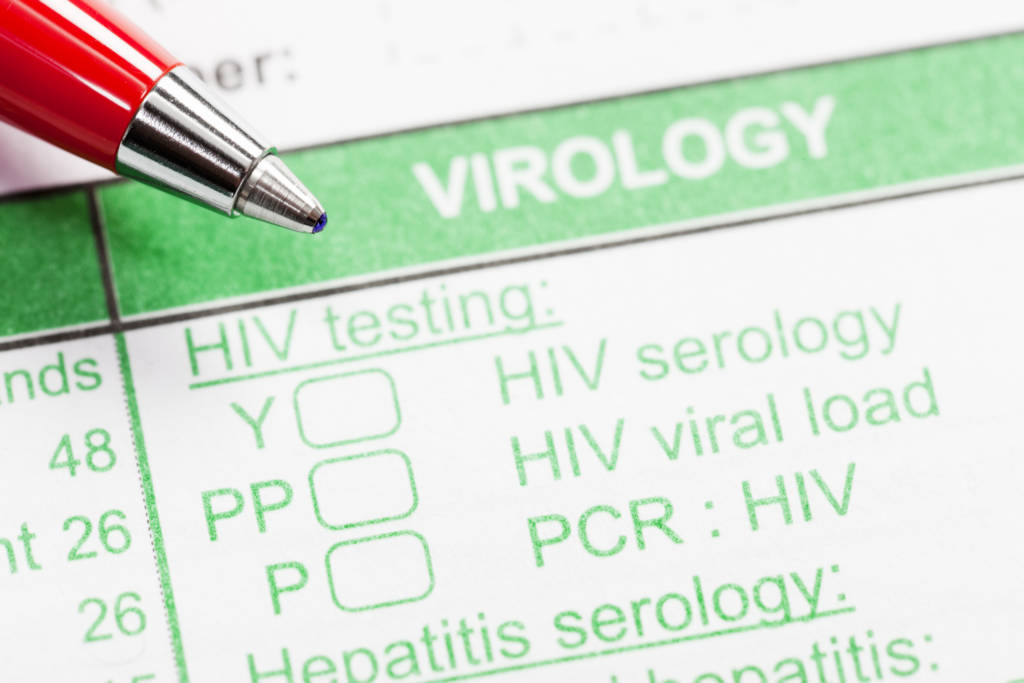
Juan, 37, had been feeling bad for several weeks, but he kept putting off seeing the doctor. He feared what he might discover, but his wife finally convinced him to undergo a checkup. Speaking with his doctor, Juan was surprised to learn about the health tests that all men must undergo. He was recommended a prostate-specific antigen (PSA) test and a blood test to detect early if he was at risk of prostate cancer. In this case, Juan remembered his father, who had ignored this examination and died of cancer.
He was also advised to have a digital rectal and physical prostate examination. He was recommended to have a lipid profile to evaluate his cholesterol levels and a fasting blood glucose test to detect possible signs of diabetes.
It is a fact that men tend to avoid going to the doctor more than women. The reasons vary, but it may be because men are embarrassed in front of a doctor or because they would rather not address underlying health problems. It could also be due to a lack of understanding of health issues or time availability.

One of the main reasons men do not go to the doctor is the fear of appearing weak or vulnerable. Men are often considered to be the strong sex, and going to the doctor could be perceived as a sign of weakness. Unfortunately, many men do not go to the doctor until they have a health difficulty.
Starting at age 18, men should make sure they have all their vaccinations up to date, including flu, measles, mumps, rubella, and meningitis vaccines. At age 20, men should undergo regular medical checkups and blood tests. You should tell your doctor about your family medical history at these checkups. This allows them to identify any potential risks they may face in the future.
1️⃣ Cholesterol test. Most men do not have a firm belief in high cholesterol. But you should check your cholesterol every two years, starting at age 35. If you smoke, have diabetes, or have a history of heart disease in your family, getting tested between ages 20 and 30 is a good idea. If you’re obese, you need immediate evaluation, no matter the age.
2️⃣ Blood pressure test. You should take your blood pressure more seriously. The blood pressure machines at the nearby pharmacy are not accurate. It is necessary to consult a doctor. Hypertension has no symptoms; you won’t know of a problem until you have a stroke.
3️⃣ Colorectal cancer test. Regular screening for colorectal cancer should begin at age 50. There are several types of tests available.
–––––

–––––






